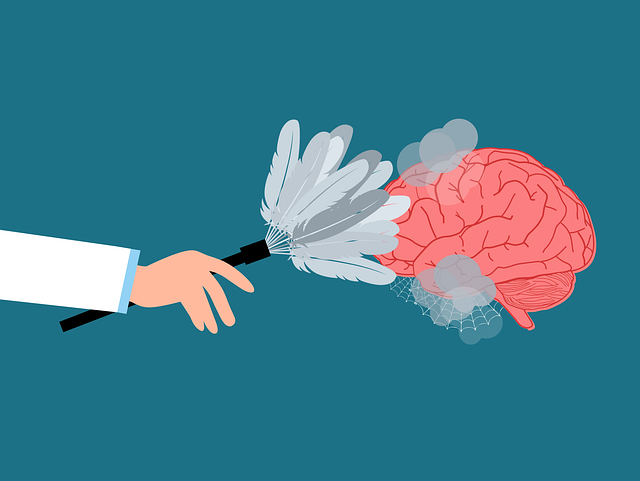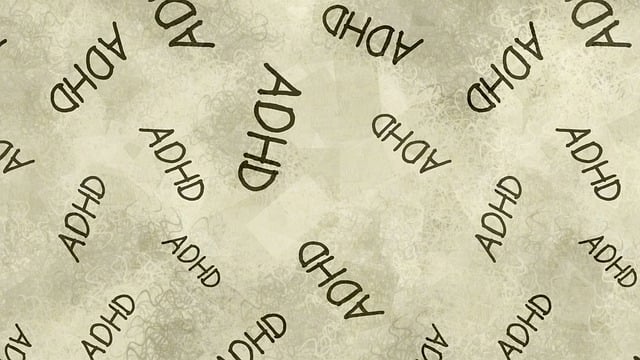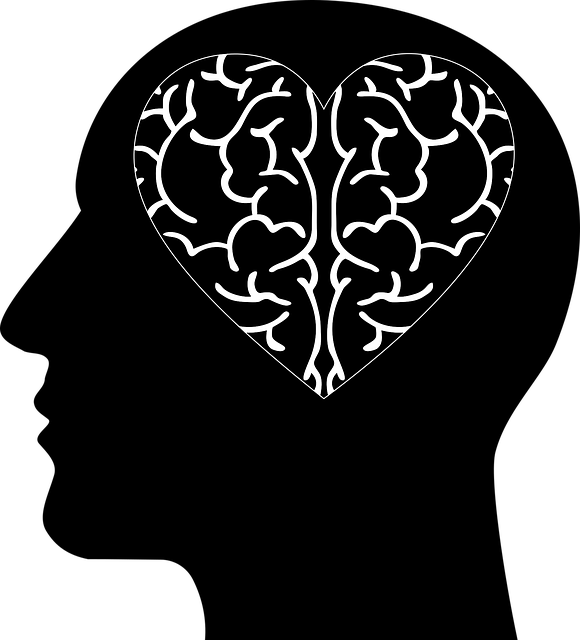Englewood Anger Management Therapy offers a holistic approach to bereavement support, recognizing that processing loss involves managing emotions like anger, sadness, and frustration. This therapy equips individuals with coping strategies, stress management techniques, and self-care routines to navigate grief. By combining traditional counseling, mental wellness coaching, compassion cultivation, and peer support, they guide clients through their unique grief journeys, fostering resilience, emotional growth, and ultimately, healing.
Loss, grief, and bereavement are inevitable aspects of life that can profoundly impact our emotional well-being. This comprehensive guide explores these complex topics and the vital role counseling plays in coping with sadness and trauma. We delve into strategies for emotional regulation, highlighting the effectiveness of Englewood Anger Management Therapy. Additionally, we offer practical tips and resources to support individuals navigating the grieving process, emphasizing the importance of holistic care.
- Understanding Loss, Grief, and Bereavement: A Comprehensive Overview
- The Role of Counseling in Coping with Sadness and Trauma
- Englewood Anger Management Therapy: Strategies for Emotional Regulation
- Supporting Individuals Through the Grieving Process: Practical Tips and Resources
Understanding Loss, Grief, and Bereavement: A Comprehensive Overview

Understanding loss, grief, and bereavement is a complex process that involves recognizing and processing the emotions tied to significant life changes. Loss can manifest in various forms, from the passing of a loved one to experiencing job dissatisfaction or even dealing with physical health issues. Englehood Anger Management Therapy emphasizes the interconnectedness of these feelings, acknowledging that grief and bereavement are natural responses to change.
This therapeutic approach encourages individuals to explore their emotions, understand their triggers, and develop effective coping mechanisms. By integrating stress management techniques and burnout prevention strategies for healthcare providers, counseling sessions aim to foster self-care routine development for better mental health. Through this holistic process, individuals can navigate the complexities of loss, heal, and find meaning in their experiences.
The Role of Counseling in Coping with Sadness and Trauma

Counseling plays a pivotal role in helping individuals navigate the complex landscape of sadness and trauma resulting from loss and bereavement. It’s more than just providing a safe space to express emotions; counseling facilitates active emotional healing processes, empowering clients to process grief, understand their feelings, and develop healthy coping mechanisms. Through skilled listening and evidence-based techniques, therapists assist in working through the stages of grief, fostering resilience and helping individuals integrate their experiences into their lives in meaningful ways.
Englewood Anger Management Therapy, for instance, specializes in providing support that goes beyond immediate distress management. Their Mental Wellness Coaching Programs Development focuses on long-term strategies to enhance mental wellness, promoting stress management techniques and emotional intelligence. This holistic approach ensures that clients not only cope with acute sadness but also build resilience to navigate future challenges, ultimately contributing to a more fulfilling recovery process.
Englewood Anger Management Therapy: Strategies for Emotional Regulation

Englewood Anger Management Therapy offers valuable strategies to help individuals navigate and overcome emotional challenges associated with loss, grief, and bereavement. This therapeutic approach recognizes that anger is often a secondary emotion stemming from deeper feelings of sadness, fear, or vulnerability. By learning to identify and manage these intense emotions, clients can find healthier ways to express themselves and cope with their loss.
The programs focus on developing mental wellness coaching skills, incorporating compassion cultivation practices to foster empathy and understanding. Through community outreach program implementation, participants gain support from peers who have experienced similar losses. This sense of belonging and shared understanding can be incredibly powerful in the healing process, enabling individuals to find solace and gradually rebuild their lives after bereavement.
Supporting Individuals Through the Grieving Process: Practical Tips and Resources

Supporting individuals through their grief journey is a delicate yet crucial aspect of bereavement counseling. The grieving process varies greatly from person to person, and offering tailored support can make a significant difference. One effective approach is to encourage and facilitate Compassion Cultivation Practices, helping clients develop self-compassion and empathy for their emotions. This can be as simple as suggesting they engage in Mental Wellness Journaling Exercises, where they can safely explore and express their feelings without judgment.
At Englewood Anger Management Therapy, we understand that grief often manifests as anger or frustration. Encouraging our clients to process these emotions constructively is vital. We provide resources and a safe space for individuals to navigate their unique grief paths. This might include group therapy sessions where shared experiences can offer comfort, or personalized counseling tailored to address specific challenges. By combining traditional bereavement support with innovative practices, we aim to enhance mental wellness and guide individuals towards healing.
In navigating the complex landscape of loss, grief, and bereavement, Englewood Anger Management Therapy offers a vital resource for emotional regulation. By combining comprehensive understanding with practical strategies, it aids individuals in coping with sadness and trauma associated with these challenging experiences. Through counseling, support groups, and accessible resources, those grieving can find solace, process their emotions, and gradually integrate their loss into a meaningful life—a testament to the power of healing and resilience.














